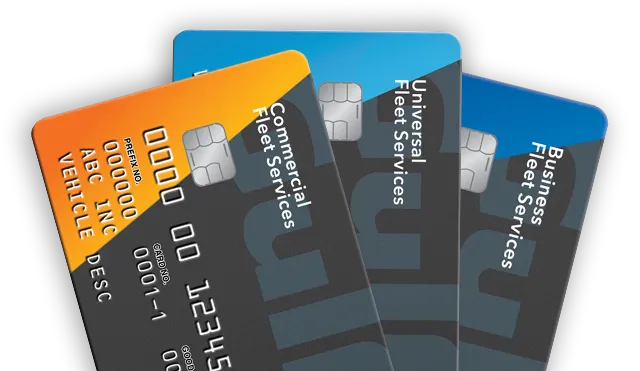Can I choose how I receive my invoice and pay my bill?
Yes. With the Gulf Fleet Cards, you can receive invoices monthly or weekly. Whichever card you choose you will get consolidated, detailed billing that is accurate and up-to-date – either by mail or via online access. Bills may be paid by mail, by phone and online.
What kind of report information will I receive with the Gulf Fleet Card Program?
The Gulf Commercial and Gulf Universal Fleet Cards provide expanded reports based on the Level III data collected on individual transactions. Reporting includes a Purchase Activity Report, an Exception Summary, a Financial Summary and a Site Summary. The Gulf Business Card provides an easy-to-read monthly report showing all transactions by card.
What kind of security and control will the card give me?
When drivers use any of the Gulf Fleet Cards they are required to enter an authorized Driver PIN number and odometer reading to help prevent fraud. The combination provides an increased level of security you won’t receive with a regular credit card. Powerful online tools help control and enforce your fleet purchasing policies.
What if I need help or have questions about my account?
Our friendly, experienced customer service staff is ready to help with account information, making updates to your account and more. Just call the number on the back of your Gulf Fleet Card for assistance.
Can my drivers use their Gulf cards for service and maintenance purchases?
Yes, you can control how your cards are used: for fuel-only or for fuel and service. You get the convenience of tracking all your vehicle-related costs on one report and paying a single invoice. The Gulf Universal Card also gives you access to 45,000+ service merchants.
Is tax exemption and reporting available with the Gulf Fleet Card Program?
Yes. Any of the Gulf Fleet Cards can significantly reduce your accounting and administrative time if your fleet is exempt from fuel excise tax or certain sales taxes–at federal, state, county or city levels. For qualified fleets, fuel purchases are billed net of applicable fuel taxes, with full reporting of the purchase data and tax exemption. Tax exemption is not applicable in Michigan and New Hampshire, however tax reporting is available.
